You could have met Tiana Patterson earlier this summer at Denver’s annual Juneteenth Music Festival, or at the City Park Jazz Festival, doing outreach for Elevation Community Land Trust.
Conversations with interested festival-goers started simply enough. “What’s Elevation Community Land Trust?” most folks asked Patterson, who would respond, “We’re a mission-driven nonprofit that’s dedicated to offering affordable homeownership opportunities.”
To which people tend to reply, “What do you mean by ‘affordable’?”
And that’s when Patterson usually pulls out a list of what the land trust has available or recently sold. A two-bedroom condo here, a three-bedroom townhouse there, a detached single-family house somewhere else. Most are under $250,000 — less than half the current record-breaking median price of a Denver home.
There are some catches. To be eligible to buy, your current household income can only be up to a certain amount — up to 80% of area median income, or $78,500 for a household of four in Denver. More importantly, the trust keeps the deed to the land, while extending a 99-year ground lease to you as the owner of the home or a housing unit on that land. As public partnerships and legal director for the land trust, Patterson can explain the nitty-gritty of how this split ownership structure is what makes it possible for the land trust to keep the cost of homeownership affordable for you and for the next buyer after you.
“Me sitting at the booth I’m more likely to get into the weeds of, you know, [how] the improvements are decoupled from the land, and then I see the eyes glaze over,” Patterson says. “But basically all I’m saying is this is the way we get your home to be affordable and keep it affordable for generations.”
To some at first, it sounds too good to be true, or maybe like some kind of scam. Working-class folks, especially if they’re Black, Hispanic, Indigenous or other historically marginalized groups, are tired of being sold dreams and visions that end up in debt traps and dead ends, especially when it comes to housing.
“We know we have to meet people where they are,” says Patterson, a Black woman. “If you don’t want it to skew to one group, you have to be willing to show up because those groups are naturally skeptical of anything, especially if it sounds too good to be true. You have to keep answering questions until they can imagine themselves in our homes.”
The land trust has sold more than 60 homes since inception in 2017. Elevation Community Land Trust’s goal is to acquire or develop and sell 1,000 homes in Colorado by 2027. In early July, the land trust closed on another acquisition, pushing its portfolio to around 300 homes — nearly half of them in Denver, and the rest scattered across Boulder, Longmont, Fort Collins, Aurora and other nearby cities in Colorado’s rapidly growing “Front Range” region. And the land trust says it has another 300 homes already in its pipeline for development or acquisition.
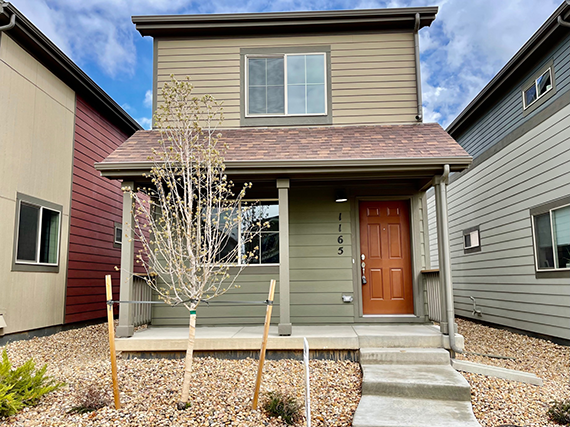
The exterior of a cottage that Elevation purchased at Blue Vista in Longmont, Colorado. (Photo courtesy Elevation Community Land Trust)
It’s a super-competitive market, says David Ogunsanya, the land trust’s vice president of real estate. Not only do rents and property taxes keep rising, but often the development that does happen puts historic working-class communities in the path of bulldozers and construction cranes.
“The past five months have been very difficult, but we were just able to get this 18-unit portfolio in Arvada, which is a very nice area, close to Olde Town Arvada so that’s downtown, and just ten or fifteen minutes outside of Denver, right off the highway,” says Ogunsanya. “We’ve been lucky to get stuff like that. The need is great, so we can’t just focus on one thing. There are families that might need a condo just to start out. There are families where a town home might be perfect for them until they move to something else. Some people need single family homes.”
There are now at least 270 community land trusts across the country. While they each have their own unique origin story, as a whole they tend to emerge because someone recognizes that the real estate market only works for some and not for others. The first one, New Communities, Inc., formed in Albany, Georgia, in 1969. Led by civil rights leaders including Slater King, Charles and Shirley Sherrod, and John Lewis, its goal was to support Black farmers by acquiring land for housing, agriculture and other businesses.
“This is a model that was started by Black civil rights leaders in the 1960s as a direct result of being shut out of the traditional real estate market,” Patterson says.
While some community land trusts today have at least a partial focus on real estate for businesses, most such as Elevation Community Land Trust have a focus on housing. Across the country, community land trusts represent around 20,000 rental units and 15,000 homeowner units, according to Fannie Mae.
Most community land trusts depend on partnerships with the public sector to acquire properties. In California, Fideicomiso Comunitario Tierra Libre and El Sereno Community Land Trust both recently acquired their first properties with funding from Los Angeles County — and the state just allocated $500 million into a new fund for community land trusts statewide to acquire distressed properties up to 25 units. In New York City, after years of organizing and advocacy by tenants and people living without their own homes, last November the city finally transferred four city-owned buildings for $1 each into the El Barrio East Harlem Community Land Trust.
Elevation Community Land Trust is no exception. Under its model, each unit it acquires gets a subsidy of up to $100,000. Half of the subsidy comes from the land trust, and the other half must come from a unit of government, usually a city or a county. The local government’s contribution can be in the form of cash, donated land or even expedited permitting processes — the land trust has a method to calculate a dollar value for expedited permitting.
So far, the land trust says the average subsidy for each home in its portfolio is around $85,000. The subsidy must cover the difference between each unit’s acquisition cost, plus rehab costs (the land trust typically acquires units that need at least some work), and the price point the land trust needs to charge buyers in order to keep their monthly housing costs at or below one-third of their monthly take-home income.
After going through an income-based and asset-based qualification and a homeowner orientation from the land trust, prospective buyers must separately apply for a 30-year, fixed-rate mortgage from one of four currently participating lenders. The loans can come with as little as zero down payment, depending on the size of the loan and the value of the home. Lenders may also offer reduced interest rates or other down payment assistance specifically for homes on community land trust properties. The mortgage terms are regulated by Fannie Mae, which usually buys the loans from the lenders after origination. Between Fannie Mae and Freddie Mac, the two government-sponsored national mortgage giants, the majority of all home mortgages across the country are financed this way, including most conventional home mortgages.
Although Fannie Mae can help ensure there’s credit available to purchase homes on a community land trust, in a hot real estate market like the Front Range, the math constrains what the land trust can acquire. The average price of a detached single-family home from the land trust has been $234,000, for a townhouse it’s been $204,000 — and those prices reflect the sale of only the home and not the land beneath the home. So the $100,000 subsidy plus the sale price of a detached single-family home from the land trust doesn’t come close to $545,000, the median price of a home in the Denver metro area.
“In this market you’re competing with everybody, you’re competing with investors, you’re competing with your local marijuana business that’s trying to wash cash and sell the property later, you’re also dealing with just normal buyers who are just desperate, trying to get whatever they can, so they’re overpaying,” says Ogunsanya. “We don’t have the opportunity to overpay, with our subsidy cap, and we have to factor in what the home might appraise for after we rehab it. We have to factor in rehab costs. We have to factor in holding costs — after rehab are we going to hold this property for six months before we get a buyer? All those things kind of limit what we can do.”
The land trust has talked internally about increasing the subsidy, but that would require asking more of local government partners, if they want to keep the 50/50 split. Some local partners, such as Denver, may have more capacity than others to accommodate, given established funding sources like the city’s affordable housing trust fund.
“Our subsidy agreements were made mostly all three-plus years ago and I wouldn’t be surprised if Denver metro area home prices have gone up 20% to 30% since then,” says Lauren DeBell, chief strategy officer.
It’s important for Elevation Community Land Trust to consider its ability to support homeownership in neighborhoods where prices might be higher, perhaps because of access to quality schools, more transit options, more green space or other factors. Some families may want that in the home they might own for ten, twenty, thirty years or more.
At the same time, there is also an urgency to preserve affordability where it currently exists but where it’s already under threat in the region’s red hot real estate market. Some want families to stay in the neighborhoods they’ve lived in for a generation or more. These neighborhoods deserve more investment, from the public sector as well as from newly minted homeowners who have been long denied the opportunity to invest in their neighborhoods by buying and improving the homes they’ve been renting. When it acquires properties that have existing renters, as it often does, it allows those renters to stay in place and offers them the first chance to acquire the unit, assuming they qualify.
“We’ve talked a lot about wanting to give people true choice,” says Patterson. “Of course we’d love to just buy up whole neighborhoods, but we wanted to balance that moment of passion around doing that with actually providing folks with neighborhood choice. If you’re a lower-income person, you should have the same options as anyone else who’s searching for a home. But if you want to stay in your home that you’ve lived in for decades, in a neighborhood that you and your family love and understand, you should also have that choice.”
The land trust can also build new affordable homeownership units in desirable areas, like the new La Tela development in the Santa Fe Arts District. Built on a formerly abandoned commercial property, the 92-unit condo building includes 64 studio apartments, 24 2-bedroom units and four 3-bedroom units, all priced for under $200,000. Around one-third of the units were already sold by the beginning of July, and closings are starting this month.
Recently, Elevation Community Land Trust has started regularly surveying the buyers on its waiting list to get a better sense of what folks are looking for.
“That would help me greatly because then I could focus my [acquisition] strategy,” says Ogunsanya.
Unlike most other community land trusts, Elevation Community Land Trust hasn’t had to worry too much about initial funding. It started out in 2017 with $24 million in seed funding from a coalition of local funders, including the Colorado Health Foundation, the Denver Foundation, Bohemian Foundation, and Gary Community Investments, which also served as the incubator for the land trust.
Elevation Community Land Trust stands out as a funder-led initiative from inception, in addition to having a statewide mission. More typical community land trusts are deeply rooted in tenant or resident organizing in specific neighborhoods or cities. Right in Denver, the Globeville, Elyria-Swansea Coalition recently formed Tierra Colectiva Community Land Trust to protect what remains of two majority-Latino neighborhoods each cut in half by a highway. To keep the path clear for that effort, Elevation Community Land Trust has an agreement in place not to acquire properties in the Globeville, Elyria-Swansea area. Tierra Colectiva now has 13 units in its pipeline.
For now, the focus has been to get Elevation Community Land Trust up and running, and financially self-sufficient, which they expect to reach at around 1,000 units. Each land trust homeowner pays a $100 monthly fee to the land trust — which is factored into the affordability calculation for each home. In the long run, the land trust intends to put more control into the hands of its homeowners, which would be more typical of community land trusts.
“By the end of the year, one-third of our board will be homeowners,” says Stefka Fanchi, president and CEO of the land trust. “An additional one-quarter of the board represents community organizations serving low-income people.”
Elevation Community Land Trust currently has subsidy agreements in place with eight municipalities. If people find out Elevation can’t help them where they are or where they want to be just yet, Patterson says they’re not out of luck.
“That’s how you get people talking to municipalities, who then want to talk to me about how to bring us into that neighborhood or that municipality or that community,” says Patterson. “It becomes a great cycle.”
UPDATE: We have corrected this story to reflect that the Globeville, Elyria-Swansea Coalition formed the Tierra Colectiva CLT, and that Globeville, Elyria-Swansea is a majority Latino neighborhood.
This article is part of The Bottom Line, a series exploring scalable solutions for problems related to affordability, inclusive economic growth and access to capital. Click here to subscribe to our Bottom Line newsletter.

Oscar is Next City's senior economic justice correspondent. He previously served as Next City’s editor from 2018-2019, and was a Next City Equitable Cities Fellow from 2015-2016. Since 2011, Oscar has covered community development finance, community banking, impact investing, economic development, housing and more for media outlets such as Shelterforce, B Magazine, Impact Alpha and Fast Company.
Follow Oscar .(JavaScript must be enabled to view this email address)



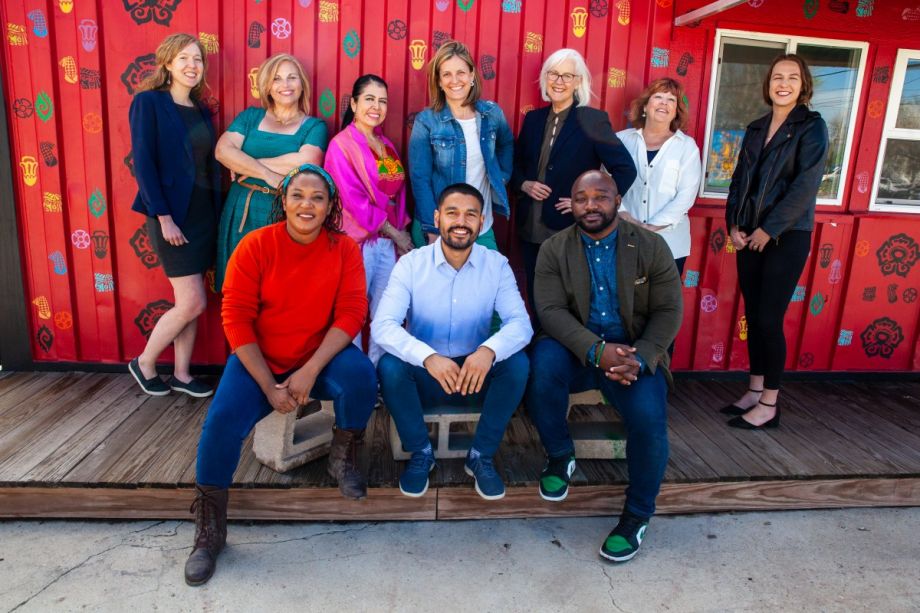

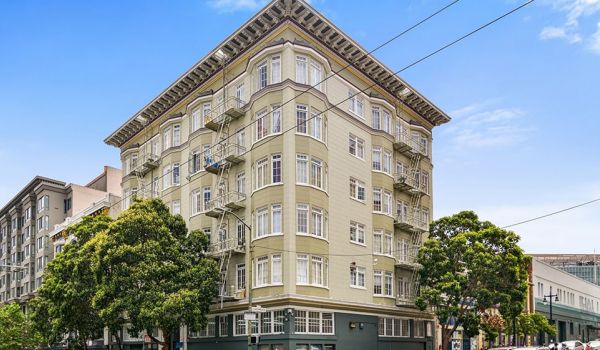
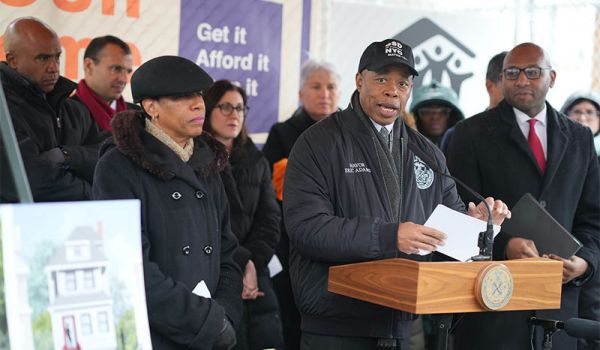
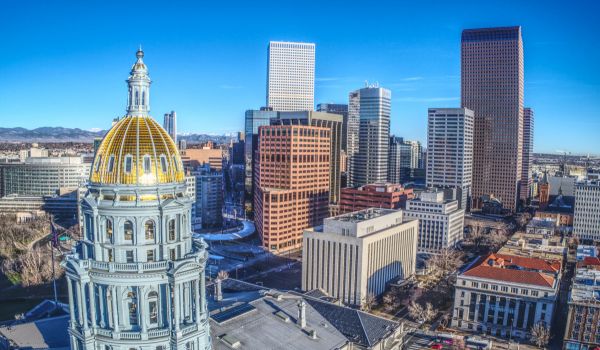
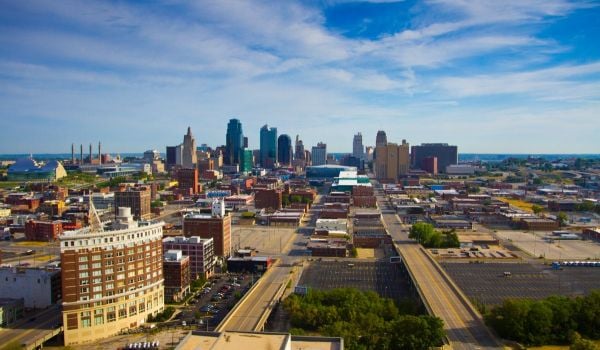

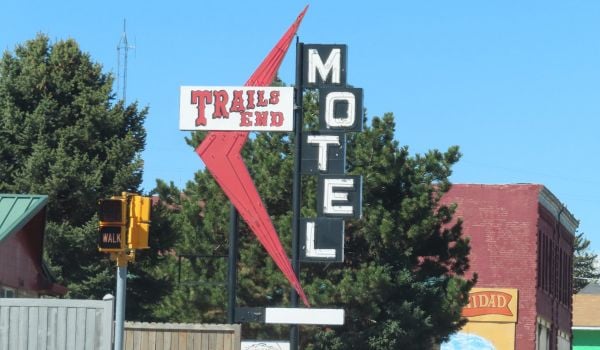
_920_614_600_350_80_s_c1.jpg)







Comment posted on August 10, 2021 at 11:52 a.m.
So what’s unusual about Elevation Land Trust<span initial; font-family: Arial, sans-serif; font-size: 14px;”> is that they aren’t accountable to any community, and they started with millions and millions from foundations… right… LOL.</span>